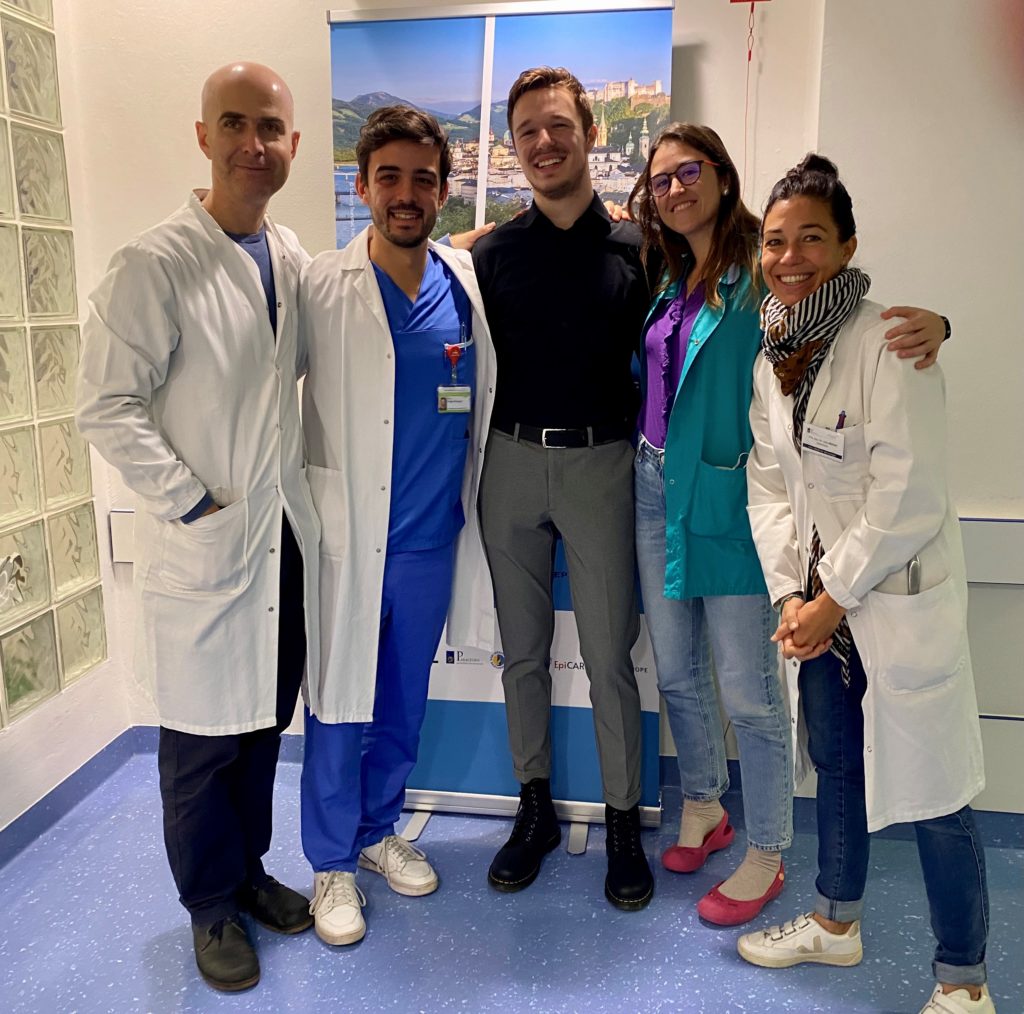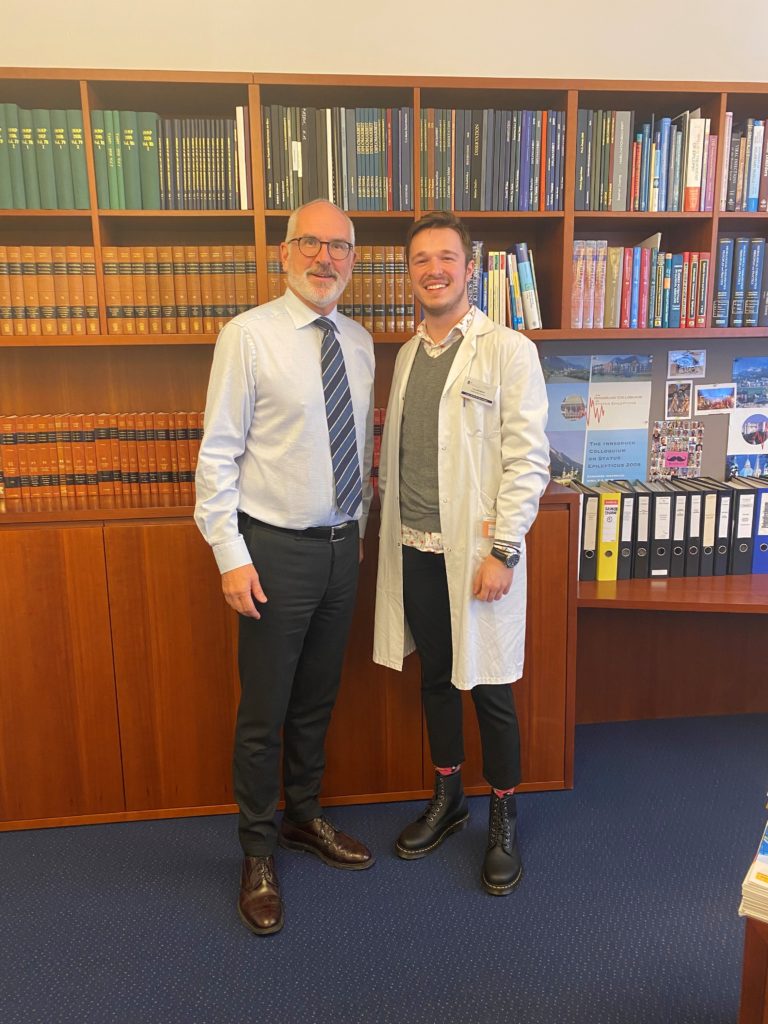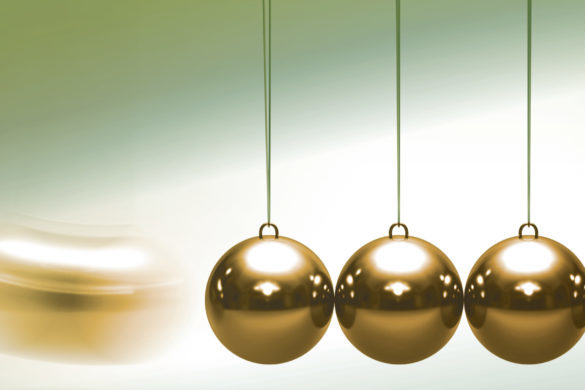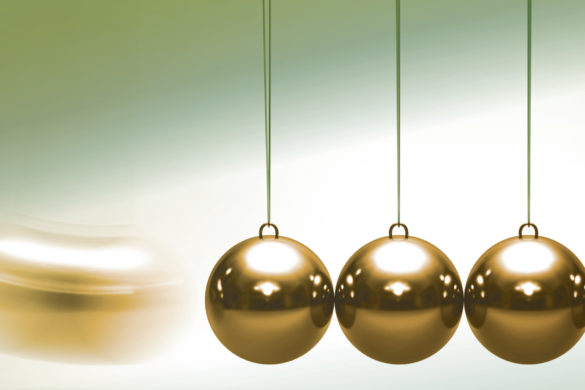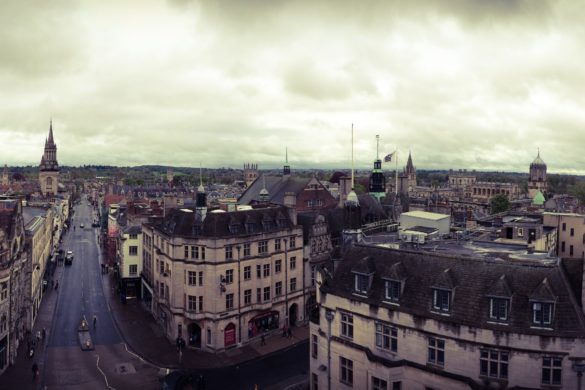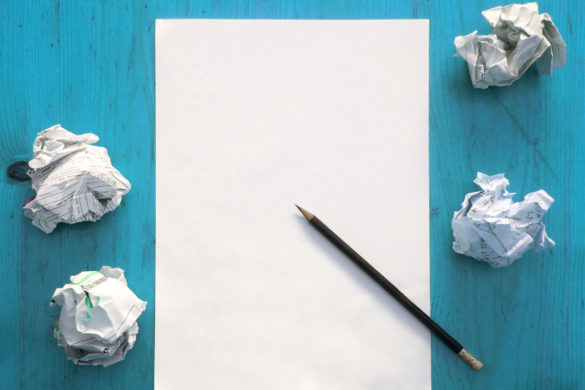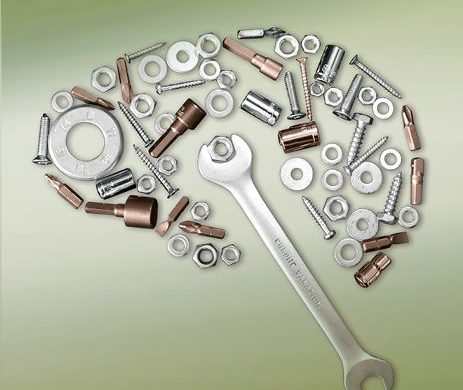Unraveling the mystery of brain waves
by Ivan Petrović
Visiting the Department of Neurology, Christian Doppler Clinic in Salzburg, Austria in September 2022
From the beginning of medical school, I found the nervous system and neurosciences exciting and fascinating, but this became even more clear during the last school year, when I attended a neurology class. During this period, it became more certain that neurology is the field of medicine I would like to specialise in, and the EAN just made that decision easier. I found out about the EAN when an assistant from my faculty, who is also a member, suggested I join this organisation and apply for the relatively new Student Teaser Fellowship programme. I started collecting the necessities, which was really easy because everything was covered on the EAN’s site and explained in such detail, and afterwards I applied. In May, I received an email from the EAN saying that I was one of this year’s students that were going to take part in the Student Teaser Fellowship. The point of this fellowship was to ‘tease’ the experience of working in neurology and show me why I should continue my education in the field, but after it I do not feel teased — I feel mesmerized by this branch of medicine!
Knowing my field of interest is epilepsy, I have chosen the Christian Doppler Clinic (Salzburg, Austria), believing that this is the right place to learn about this topic. On 1 September, the first day, after I received the uniform with the rest of the necessities, I was ready to start my fellowship. I was assigned to the EEG lab, as I wanted to learn more about this complex, yet so logical diagnostic tool, so that I could understand epilepsy on a new level. I was a little bit anxious before meeting my team, but after I met my main teacher Doc. Dr. Giorgi Kuchukhidze, I immediately realised that the upcoming period would be fruitful and productive. We went over a lot of EEGs and Giorgi was so patient and sensible, and I can feel free to say that he is one of the best teachers I ever had. I spent most of my fellowship in the lab, unravelling the mystery of brain waves, and it was an enjoyable process because I had a really great team. I have seen much wider implementation of EEG, not only in epilepsies but in ICUs, encephalopathies, and other neurological conditions. After four weeks, those weird lines on the screen started making a lot of sense, and it was really interesting to learn about EEG patterns and their significance in terms of clinical practice. It was really challenging, yet so amusing, to make a connection between clinical presentation, EEG findings, and the imaging. Besides EEG, I also had a chance to see MEG (magnetoencephalography), and I have to say that until then, I had never heard about this method, and it was really fascinating to learn about the new possibilities that this diagnostic tool offers. I visited the stroke unit and the neuroradiological department, where people were also so welcoming and more than eager to share their knowledge with me.
During September, two additional and important things happened. First is my birthday, and this was the first time I celebrated it in a foreign country. However, because of the people I was surrounded by, it really felt like home. The second thing was the 8th London-Innsbruck Colloquium on Status Epilepticus and Acute Seizures, followed by a course where I had a chance to learn about continuous EEG in the ICU. I was surprised when I was invited to this event, as I thought that it was reserved for people who knew more about this field of epilepsy. But that is the thing with the people that work in the Christian Doppler clinic — they will give you the chance to develop yourself, and if you want to learn and gather knowledge, they will support you. During the colloquium, I had a chance to listen to some of the best experts in the domain of epilepsy, which additionally expanded my knowledge and increased my will to learn. Besides the professional part of the fellowship, I had a chance to meet Salzburg, Austrian culture, and such lovely people that made my exchange several times better.
Four weeks later, on the last day of my fellowship, after I returned the uniform and the rest of the necessities, I said one last bis bald‘ (German for ‘See you soon’) to my dear colleagues and friends, and I went on my trip to Serbia, grateful for the knowledge I gathered and the people I met.
To summarise, during this four-week period, I believe that I have expanded both professionally and personally. I learned a lot about epilepsies, status epilepticus, and EEG, about the Austrian healthcare system, and I had a chance to see some things I would not be able to see in my country. I made great friendships and connections that I think will have an important impact on my future career.
I would like to thank the EAN for this opportunity and experience, and my dear assistant, Dr. Dmitar Vlahović for proposing me this fellowship. I would like to thank my mentors and teachers, Prof. Dr. Eugen Trinka, Doc. Dr. Giorgi Kuchukhidze and Doc. Dr. Julia Höfler, as well as my great colleagues, Dr. Pilar Bosque Varella and Dr. Bernardo Pimentel. It was a pleasure to learn from you, with you, and about you!
Report on four weeks at Sheba Medical Center
by Jack Pepys
Visiting the Sheba Medical Center, Department of Neurology, in Ramat Gan, Israel in May 2022
I arrived in Sheba hospital on 1 May 2022 and was shown around their expansive neuroscience department by Prof. Joab Chapman the head of the neurology department. He introduced me to their team of neurologists, who were all very welcoming and happy to have me shadow them.
Clinical exposure
My mentors during my stay in Sheba hospital were Dr. Amir Dori (Neuromuscular Disorders Clinic and Laboratory director), and Dr. Shahar Shelly (neurology senior associate consultant). I sat in on their neuromuscular clinics and learned a lot by following their everyday practice. I participated in the stroke team’s ward round and neuroradiology meetings, where I improved my understanding of stroke and its management.
Research experience
The majority of my time was spent working on a research project investigating the neurological toxicities associated with the use of immune checkpoint inhibitor drugs which have recently gained popularity in the treatment of cancer. I worked under Dr. Shelly’s supervision; we analysed data from thousands of patients treated for melanoma at Sheba over the last seven years and focused on the neurological adverse events which were caused by these treatments. We are currently working on a manuscript analysing our cohort and describing our findings.
An abstract summarising our work, titled ‘Age related prognosis and re-challenge in neurological complications of immune checkpoint inhibitors’ was accepted for an oral presentation at the national conference of the Italian Neurological Society taking place in Milan in December 2022.
It was a pleasure to learn from the great neurologists at Sheba Medical Center and I am grateful to the European Academy of Neurology for sponsoring this brilliant opportunity. I was welcomed with open arms by the neurologists in Sheba, who were always available to teach me and invited me to take part in their departmental brunch
This experience definitely helped strengthen my resolve to become a practicing neurologist upon graduation.
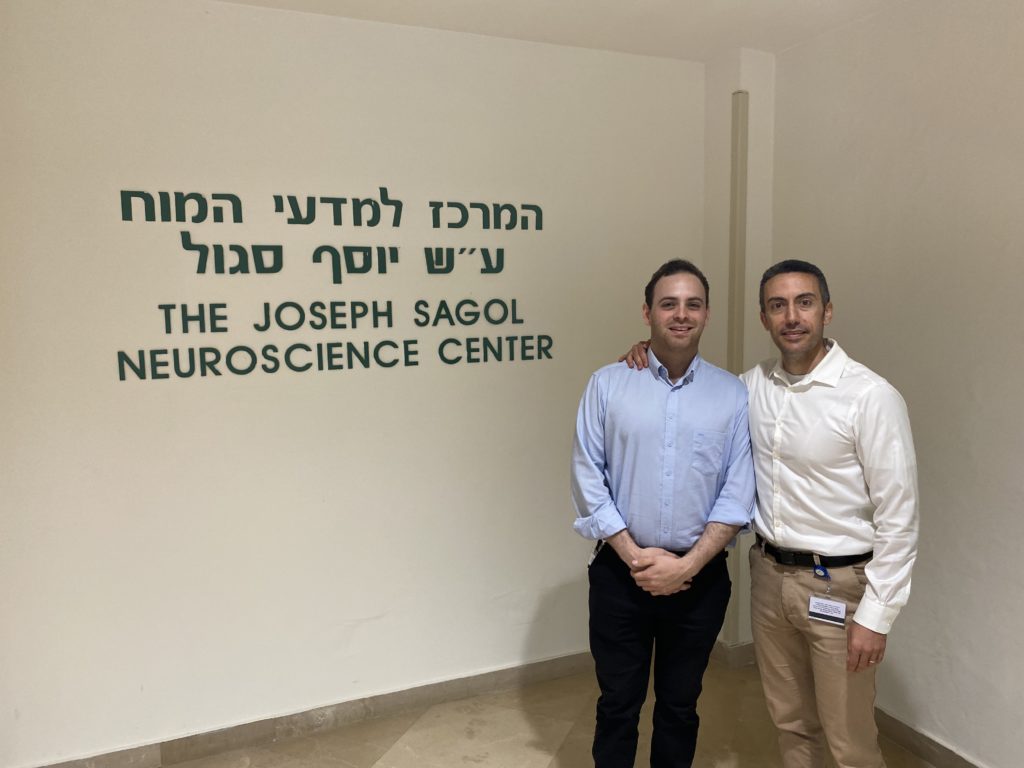
With Dr Shahar Shelly (right) at Sagol Neuroscience, Sheba Hospital, Tel-Aviv, Israel
Report on four weeks in Rostock
by Jakub Radziwon
Visiting the Department of Neurology, Rostock University Medical Center in Rostock, Germany in August-October 2022
At the turn of summer and autumn this year, I have arrived at Rostock – a charming Hanseatic city located on the German coast of the Baltic Sea. Near the Warnow river, surrounded by an old park, there are neurology and psychiatry departments of the University of Rostock. In a mix of modern and historical buildings, one contains the Neurosonology Laboratory, which was my destination. I have chosen to visit this laboratory, which is one of best facilities in Europe and a well-recognised teaching institution. The aim was to discover the field of neurosonology, with a special focus on its application in movement disorders.
After my arrival in Rostock, I have received a great care from my supervisor, Prof. Uwe Walter and other employees of the department. They have created a perfect environment to learn sonography in a very practical manner. Every day I was able to perform ultrasound examinations fully on my own with a careful supervision. First steps in ultrasonography are certainly demanding and my images rarely resembled those captured by my supervisors. However, I could experience that saying practice makes perfect is indeed true and every day I was seeing a little bit of progress.
Besides practicing on my own, I have been able to watch professionals at work. I have seen not only vascular studies, but also many other interesting applications of ultrasound in modern neurology. I have experienced how useful the ultrasound machine is in the hands of experienced neurologist for management of peripheral nerve disorders, idiopathic intracranial hypertension, or performance of botulinum toxin injections. In the meantime, we could discuss current and possible application of ultrasound in clinical setting and future research perspectives in that field.
Those were extremely advantageous four weeks. Now, I am looking forward to using the skills that I trained for a diagnosing and study neurological disorders. Certainly, a lot has to be learned yet, but I am sure that this is a strong basis for the future training. Thanks to the support of European Academy of Neurology, I’ve had an opportunity to participate in this fellowship and gain valuable international and clinical experience. I would definitely recommend the EAN Student Teaser Fellowship to every medical student interested in neurology.
Visit the Student Teaser Fellowship website to find out more about this interesting opportunity for medical students. Interested applicants can get information about eligibility, how to apply with useful tips and FAQ, and how to become a student member including additional benefits when joining the EAN.
The next application deadline is 31 March 2023
and the fellowship period is effective from 1 April 2023 to 31 January 2024.
The Student Teaser Fellowship is supervised and reviewed by the EAN Education Committee together with members of the Student Task Force

